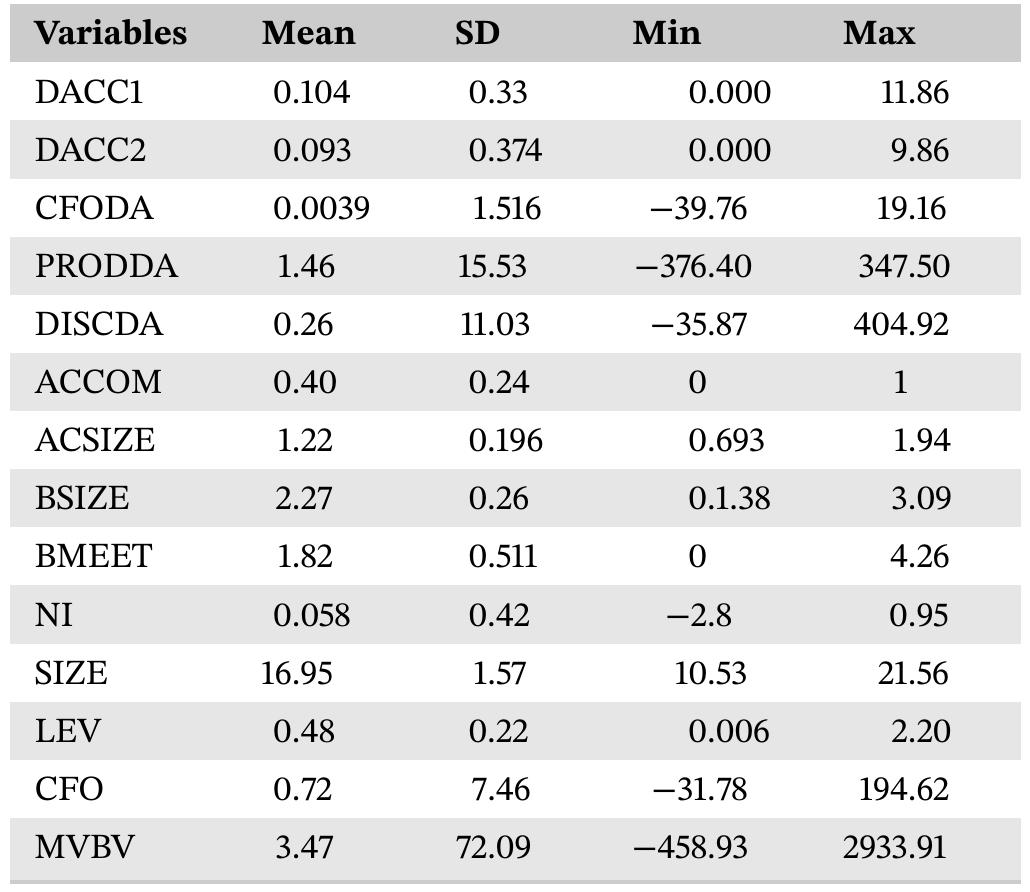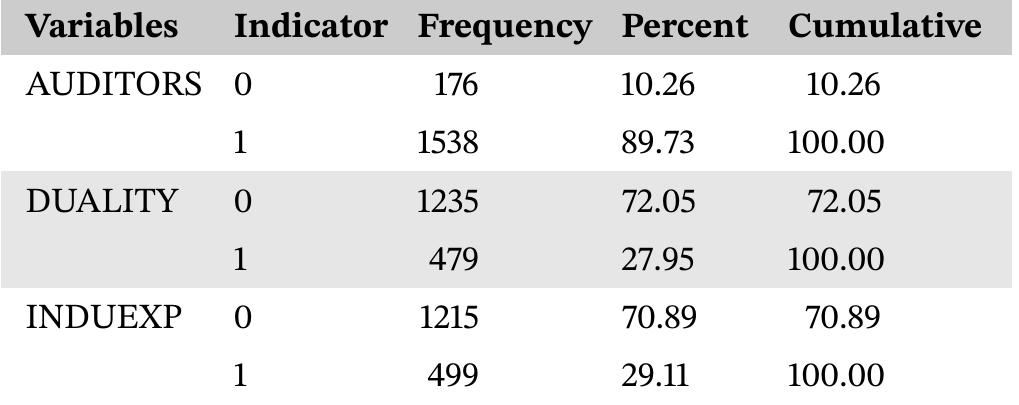Key research themes
1. How do accrual-based models perform in detecting earnings management, and what are their methodological limitations?
This research theme focuses on the effectiveness of various accrual-based models in detecting earnings management through discretionary accruals. It evaluates the statistical power, specification errors, and economic assumptions driving these models, and investigates their robustness to different empirical contexts and samples. Understanding the models' limitations is essential for improving detection accuracy and guiding regulatory and academic assessments of earnings management.
2. What roles do corporate governance mechanisms, especially audit committees, play in mitigating accrual-based earnings management?
This theme explores how features of audit committees — such as financial expertise, size, and independence — impact the extent of accrual earnings management within firms. Examining audit committees’ effectiveness is critical for improving financial reporting quality and reducing managerial opportunism. The theme further differentiates impacts on accrual versus real earnings management, reflecting distinct managerial manipulation avenues.
3. How do firms balance accrual and real earnings management, and what factors influence their strategic choice between these forms?
Recent research highlights a strategic substitution and complementarity between accrual-based and real activities earnings management. This theme investigates how firms’ financial characteristics, external pressures, corporate governance, and market incentives determine the relative use of these earnings management forms. Understanding this balance aids in detecting and regulating earnings manipulation effectively.




















